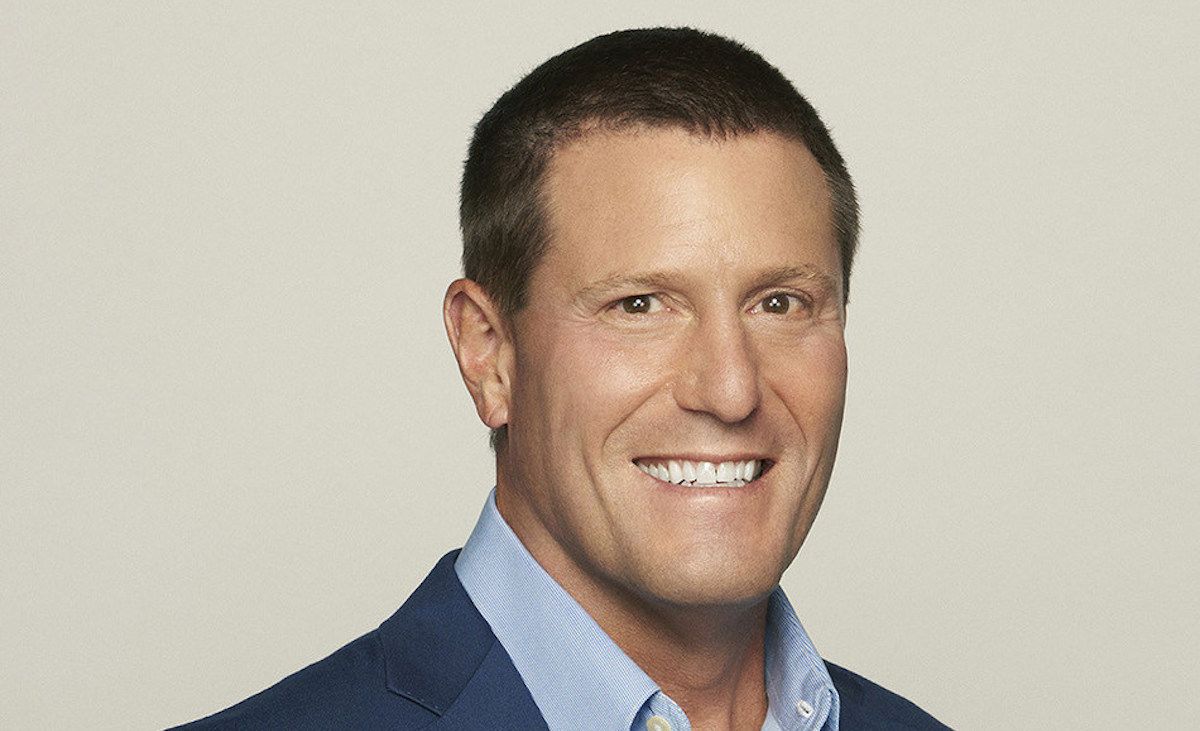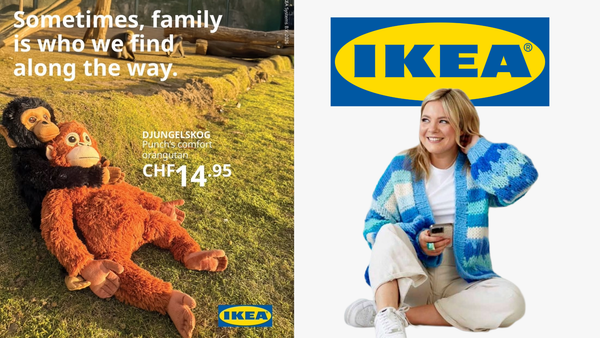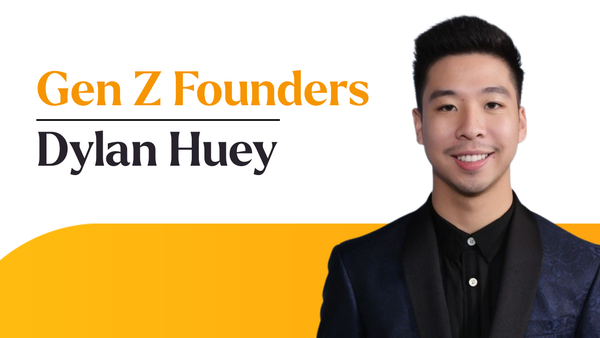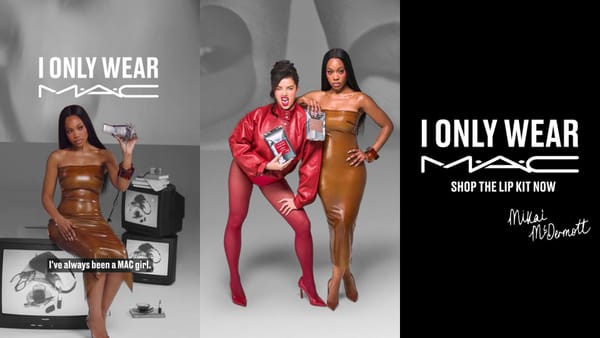Kevin Mayer, Disney’s former head of streaming, leaves to join TikTok as the first CEO at a time of explosive growth for the video platform. As well as his role at TikTok, Mayer will become chief operating officer at ByteDance, TikTok’s parent company.
Mayer will provide a link between TikTok and ByteDance’s leadership in Beijing and told The New York Times that gaming and music are “two expansion possibilites.”
At Disney, Mayer was responsible for overseeing the streaming strategy and worked on the likes of Disney Plus, which launched in November and now has around 55 million subscribers. Mayer also worked on Hulu and Hotstar. Prior to heading up the direct-to-consumer and international divison, Mayer helped organise the purchases of Pixar, Marvel, and most of 21st Century Fox.
Mayer said in a statement that he is “thrilled to have the opportunity to join the amazing team at ByteDance. Like everyone else, I’ve been impressed watching the company build something incredibly rare in TikTok – a creative, positive online global community – and I’m excited to help lead the next phase of ByteDance’s journey as the company continues to expand its breadth of products across every region of the world.”
Founder Yiming Zhang will continue as ByteDance CEO, while TikTok president Alex Zhu will become ByteDance’s vice president of product and strategy.
“TikTok and Disney share the same principles of capturing the imagination and inspiring people through unique and engaging content. However, TikTok captures a genuine spontaneity and zeitgeist that long-form or studio content often can’t. The short-form entertainment platform is founded on the belief that social media is more relevant and engaging when it’s raw and authentic,” commented Takumi’s group CEO, Mary Keane-Dawson.
“It’s growth to 800 million users in just under three years underlines this position. The evolution of TikTok from this point onwards is one to keep a close eye on – from a creative, advertiser and regulatory perspective. With Kevin Mayer at the helm, it’s likely that it’ll continue to strengthen its grip on the worldwide entertainment market – challenging traditional broadcasters and content creators into being more agile, more democratic, and more imaginative,” she concluded.








